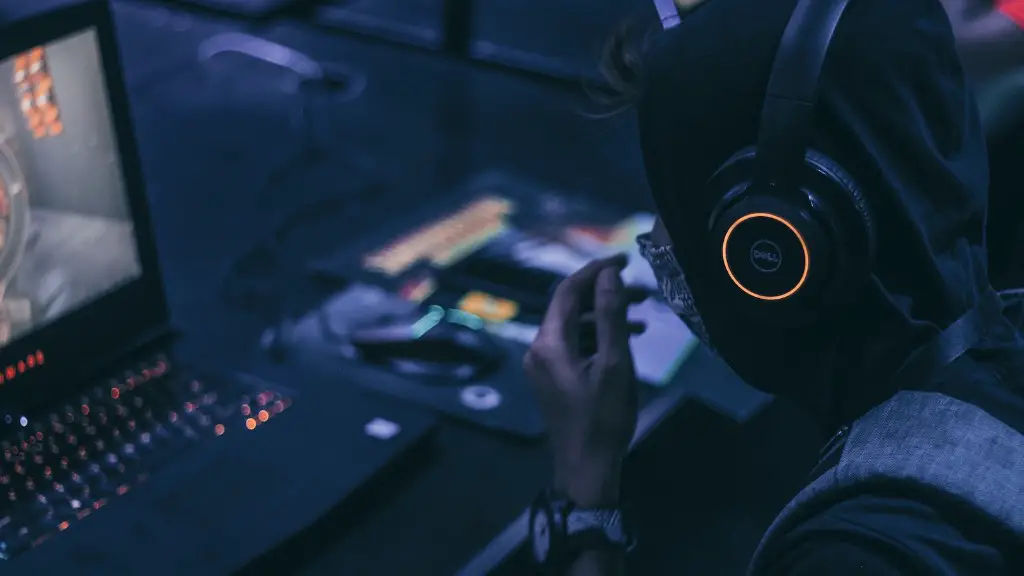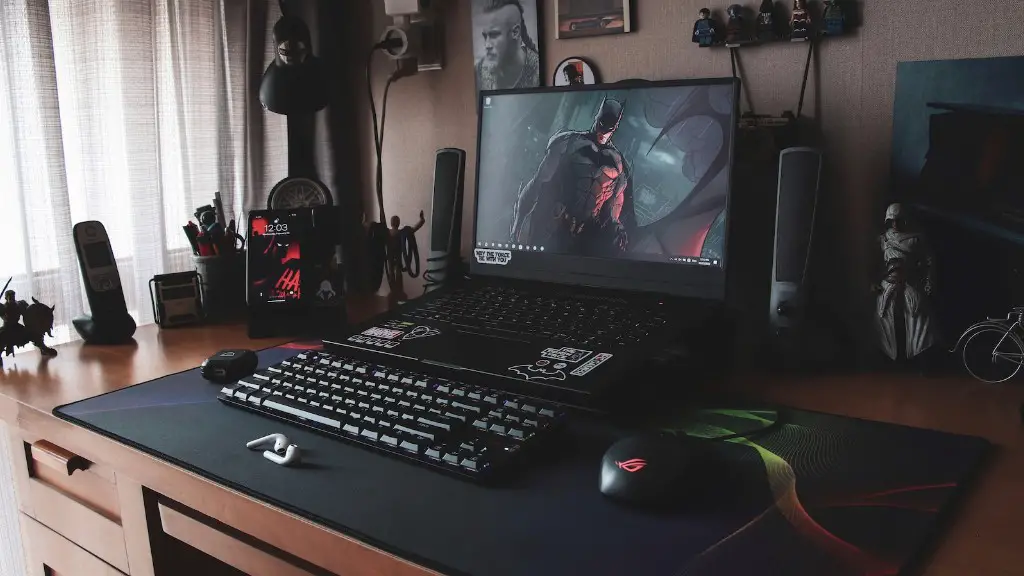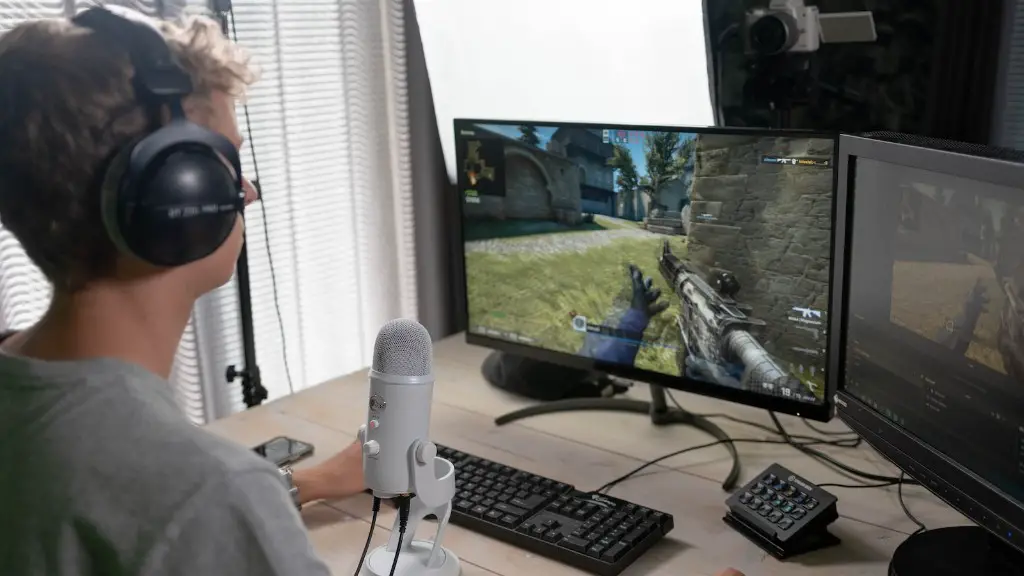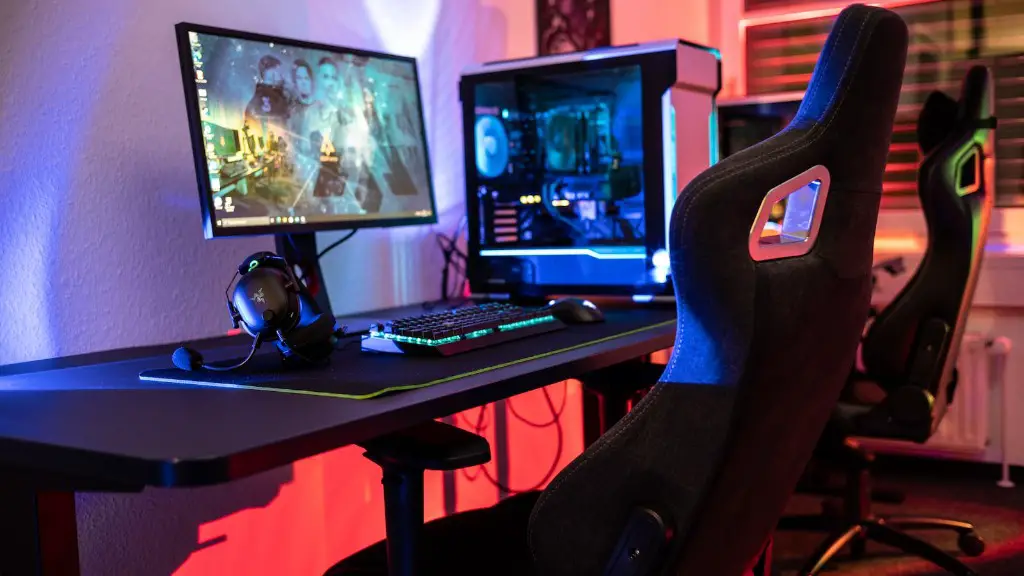A gaming PC has evolved from an expensive extravagance to a mainstream necessity for gamers. As technological advances have made modern gaming increasingly demanding on hardware, a powerful gaming rig is increasingly critical for taking advantage of the cutting-edge gaming experience. But for many, the cost of building a gaming PC can be intimidating. However, with a few smart shopping decisions, a good budget for building a gaming PC can make all the difference.
First and foremost, gamers need to consider the type of games they will be playing when deciding what type of gaming PC to build. If a more casual gamer will be sticking to 2D platformers and indie games, they can get away with a budget build of around $500. A reasonable budget should include a reasonable CPU, at least 8GB of RAM and a dedicated video card capable of running games at 720p or 1080p.
The next step is to decide on a platform. For a true budget build, going with an AMD or Intel processor is recommended. An AMD processor will run a little cheaper, but an Intel processor can be a better choice if the budget allows. An additional factor to consider is to ensure the processor is supported by the motherboard. It’s also worth taking into account future upgrade options.
For storage, a solid-state drive (SSD) is a must. Even as prices continue to fall, an SSD remains a key component for any gaming PC. An SSD can also help speed up games, as they will load faster than on a traditional hard drive.
Finally, the budget must also include a graphics card. Budget gaming PCs are often equipped with low-end GPUs that produce poor results. But if a gamer is willing to invest around $200 in a graphics card, they should have no problems gaming on their budget machine.
Components
When selecting components for a gaming PC build, gamers need to buy parts compatible with each other. A good starting point is to identify a CPU, motherboard and graphics card combination that is compatible. This can be done by looking at comparison charts, such as those available on leading tech sites like TechRadar.
From there, gamers should select memory and storage options. Memory size should correspond with what type of games will be played, and faster storage devices, such as an SSD, will yield faster loading times. It is important to ensure that a gaming PC is equipped with enough memory and storage to adequately handle the games.
Gamers should also look at the motherboard they’re considering. The motherboard’s number of ports, such as USB and audio, should fit their needs. Additionally, a gaming PC build should include a power supply that can adequately power the components.
Lastly, gamers should check the compatibility of their components. All major component brands offer software that can check compatibility, and sites like PCPartPicker offer a comprehensive compatibility checker.
Computer Cases
When it comes to choosing a computer case, function and appearance should not be the only factors to consider. Gamers must make sure the case is compatible with their components, as some larger computer cases may have trouble fitting certain components. Additionally, cooling should be taken into account, as cooling is a key component for keeping a gaming PC running smoothly.
When it comes to cooling, cases come with a variety of options, such as air coolers and liquid cooling systems. Air coolers are the most common type, and they come in both passively cooled and actively cooled varieties. Alternatively, liquid cooling systems are more expensive and require more maintenance, but they are also more efficient at cooling than air coolers.
Finally, gamers should consider the aesthetics of their case. From LED lighting to custom paint jobs, there are many ways to make a gaming PC stand out. Gamers should remember to include a budget for any desired extras.
Peripherals
In addition to the components and case, gamers also need to choose their peripherals. Keyboards and mice are important, as they provide gamers with the ability to interact with their PC. Ultimately, hardware preferences should be considered when selecting peripherals, such as the type of switches found on keyboards or the ergonomics of the mouse.
Additionally, sound quality is an important consideration when selecting speakers or headsets. For gaming, headsets are generally better-suited than speakers, as they provide superior sound quality, positional audio and voice communication. When choosing a headset, gamers should factor in budget, comfort, sound quality and compatibility.
Finally, there is the matter of displays. Monitors come in many sizes and resolutions, and their prices vary immensely. Lower resolutions, such as 720p, are sufficient for casual gaming, whereas larger screens at higher resolutions are better for gaming enthusiasts. Additionally, gamers should remember to include the cost of connectors, such as HDMI and DisplayPort, when purchasing a monitor.
Finishing Touches
Before building a gaming PC, there are a few finishing touches to consider. Memory should be checked for compatibility and overclocking should be enabled, if desired. It is also important to install updated drivers and keep an eye out for BIOS updates.
Gamers should also create a backup of their system data, such as user accounts and settings, prior to building their PC. This can be done easily with software like Carbonite. Additionally, gamers should run system diagnostics prior to and after building the computer, to ensure that all components are working and that no errors were encountered during the process.
Finally, gamers should ensure their PC is connected to the Internet via a router. Additionally, an antivirus and firewall should be installed on the system. Having the proper protection in place is essential for keeping the system running smoothly and securely.
Conclusion
With the proper budget and knowledge, building a gaming PC can be a fairly simple task. By picking the right components, case and peripherals, gamers can put together a PC capable of taking advantage of the latest games. With the ever-evolving hardware landscape, there is always something new to consider when building a gaming PC.



